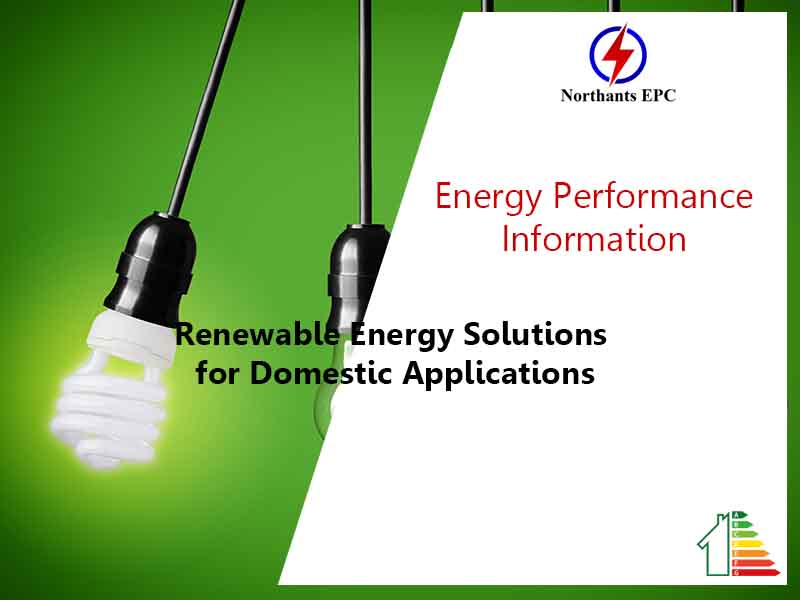Renewable Energy Solutions for Domestic Applications
In today’s world, where the effects of climate change are becoming increasingly apparent, it is essential for individuals to take responsibility for reducing their carbon footprint. One significant way to achieve this is by transitioning to renewable energy sources. Renewable energy not only helps in mitigating climate change but also provides homeowners with an opportunity to save on energy costs in the long run. In this article, we will explore various renewable energy solutions that homeowners can consider for their domestic applications.
Solar Power: Harnessing the Sun’s Energy
Solar power is undoubtedly one of the most popular renewable energy sources for domestic applications. It involves the installation of solar panels on rooftops or other suitable locations to capture the sun’s energy and convert it into electricity. Solar panels work by utilizing photovoltaic cells that absorb sunlight and generate an electric current.
The benefits of solar power are manifold. First and foremost, it is a clean and sustainable energy source that produces zero greenhouse gas emissions. Second, homeowners can significantly reduce their electricity bills as they generate their own power. Moreover, excess electricity produced can be stored in batteries or fed back into the grid, earning credits or even income.
Wind Power: Harnessing the Power of the Wind
Wind power is another renewable energy option gaining popularity in domestic applications. It involves the use of wind turbines to convert the kinetic energy of the wind into electrical energy. Wind turbines consist of large blades that rotate when wind blows, driving a generator that produces electricity.
While wind power is more commonly associated with large-scale wind farms, smaller wind turbines designed for residential use are available as well. Homeowners living in areas with consistent wind patterns can take advantage of wind power. However, it is crucial to consider local regulations, wind speed, and suitable space for the installation of wind turbines.
Geothermal Energy: Tapping into Earth’s Heat
Geothermal energy harnesses the heat stored within the Earth to provide heating, cooling, and hot water for residential applications. It relies on geothermal heat pumps, which transfer heat between the ground and the interior of a building. Geothermal systems work by circulating fluid through underground pipes to extract heat in winter or dissipate heat in summer.
The advantages of geothermal energy are its high efficiency and reliability. It provides a consistent source of heating and cooling throughout the year, regardless of the weather conditions. Geothermal systems are also quiet, require minimal maintenance, and have a long lifespan. However, the installation costs can be higher compared to other renewable energy options.
Hydroelectric Power: Utilizing the Power of Water
Hydroelectric power, derived from the energy of flowing or falling water, has been used for centuries as a renewable energy source. While large-scale hydroelectric projects are more common, homeowners living near a water source, such as a stream or river, can explore micro-hydro systems. These systems generate electricity by channeling water through a turbine connected to a generator.
Micro-hydro systems are relatively low-maintenance and have a long lifespan. They can provide a consistent and reliable source of electricity, especially in areas with ample water resources. However, it is essential to consider environmental impacts and obtain any necessary permits or permissions before installing a micro-hydro system.
Exploring Other Renewable Energy Solutions
Renewable energy solutions are a powerful tool for homeowners to reduce their reliance on traditional energy sources and contribute to a sustainable future. In the next part of this article, we will continue to explore additional renewable energy options, including biomass energy, hydrogen power, and more. Stay tuned for more exciting possibilities to power your home with clean and renewable energy!
